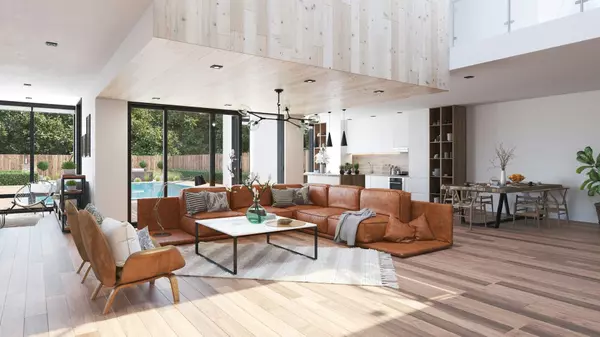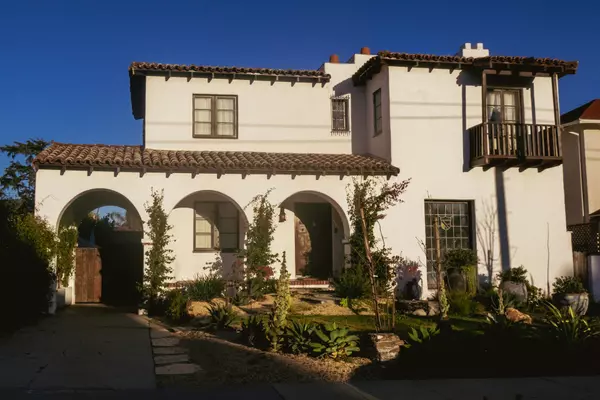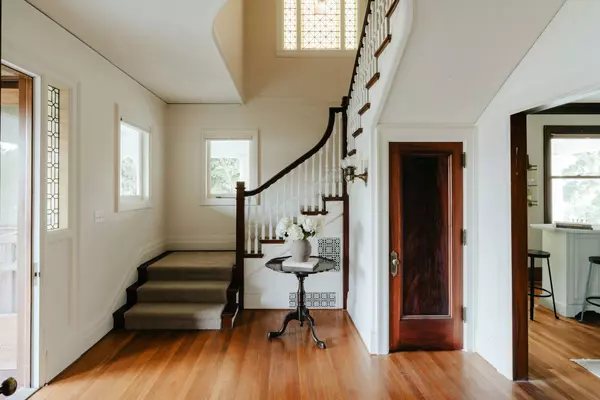
2025 Hermosa Beach Holiday Movie Night
Proudly sponsored in part by Greenspan Realty Let’s kick off the season together. Bring the kids, invite a neighbor, and enjoy a cozy night out, PLUS help brighten the holidays for local families through 1736 Family Crisis Center. Start the afternoon by catching Santa as he makes his way through tow

What It Really Costs to Sell a Home in Los Angeles County (2025 Edition)
In Los Angeles County, the range of total selling costs (commission + closing costs + prep) can vary significantly depending on neighborhood, home price, condition, and market speed. Some local sources suggest that the sum of what sellers pay, including all fees and concessions, can run between 5% a

Why Now Could Be a Short-Term Window for Homebuyers: Lender Insights with Kind Home Loans' CEO
If you’ve been wondering, “Should I buy now or wait for rates to fall?” you’re not alone. I sat down with Darius Sepehripour, CEO of Kind Home Loans (22 years in lending), to unpack what the Fed’s latest move means for buyers in Los Angeles and the South Bay and how to use today’s market to your adv
Categories
Recent Posts










